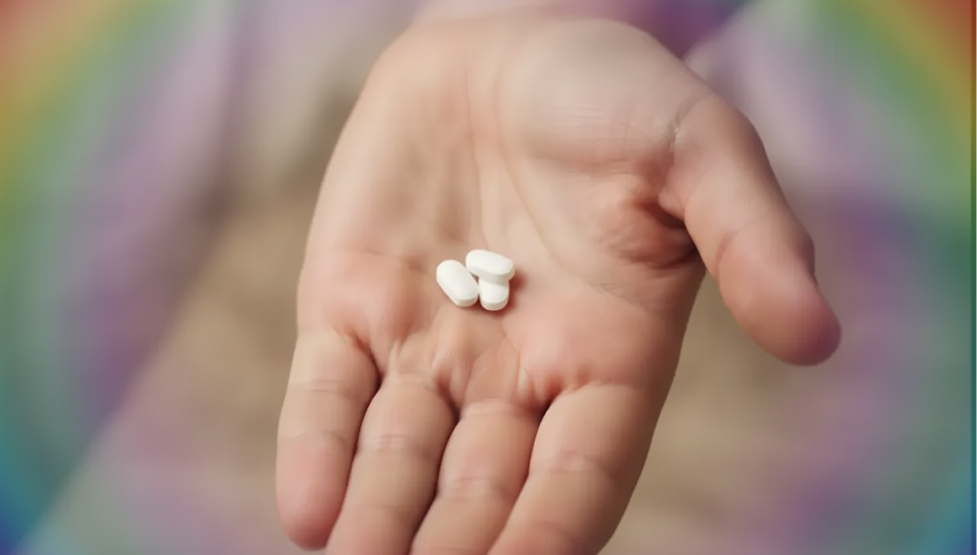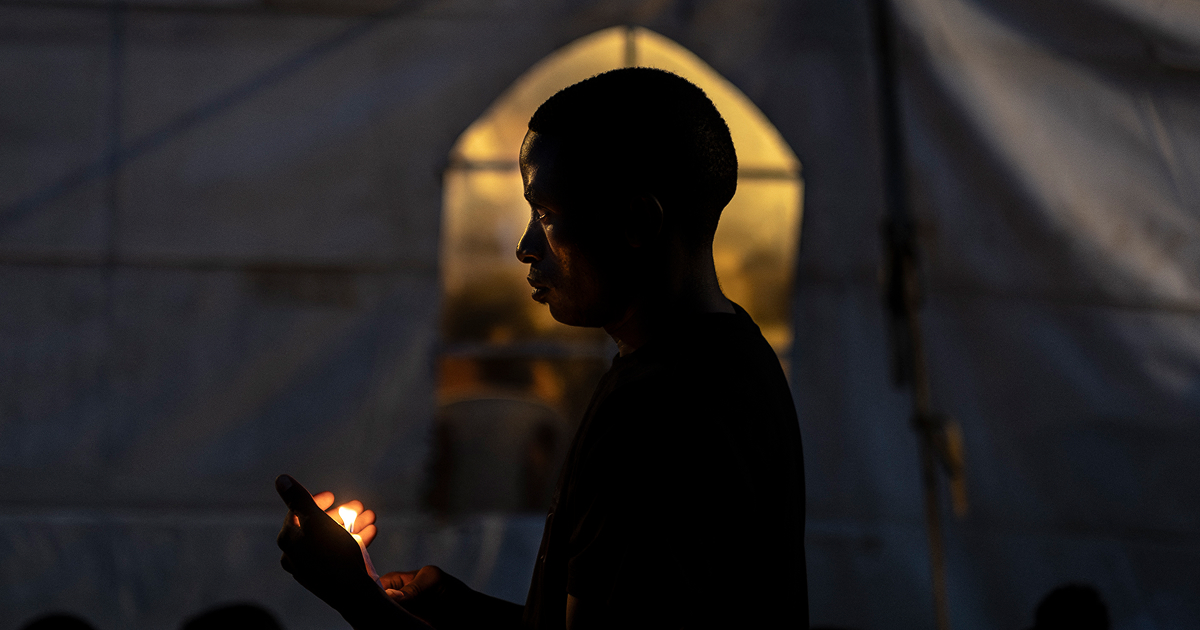In the UK, a government proposal has been laid out for a national clinical trial that will offer puberty blockers to “transgender” children as young as ten. This latest foray into progressive policymaking has caused uproar in Catholic and secular circles alike, and so it should.
The idea of suppressing puberty in children barely old enough to write their own names ought to trouble anyone with even a passing interest in child welfare. It signals a willingness to push ahead with an idea repeatedly questioned by doctors, parents and, most notably, the Cass Review.
Yet ministers seem oddly confident that the answer to childhood confusion is a pharmaceutical one — that halting natural development is not only permissible, but virtuous. It is a peculiar position for Starmer’s self-proclaimed “forensic” administration to take. When children of that age are still mastering joined-up handwriting, the state now proposes interrupting their bodies’ developmental maturation.
A ten-year-old cannot buy an energy drink or book a GP appointment by themselves. But they may soon qualify for drugs that suppress the very process that develops their adult identity. It is difficult (nay, impossible) to see how such interference could be claimed as progress.
For Catholics, the issue is not merely moral. It is doctrinal. The Church has always insisted on the inherent dignity of the human body, and on the responsibility adults bear towards the young. To interfere with puberty is a drastic act. It touches the foundations of personhood. If such a step is to be considered at all, the threshold for evidence and ethical justification should be exceptionally high.
At present, it is not.
Politicians like Starmer and Health Secretary Wes Streeting often cloak their schemes in the language of safeguarding. The claim is that blockers offer breathing space for distressed young people, giving them time to reflect. It sounds neat, but the reality is very different.
Puberty is not a pause-and-play mechanism. It is a set of intertwined biological processes that affect bone density, neurological development and the formation of adult sexual function. None of that can be set aside like a schoolbook over the holidays.
Across the Atlantic, the American debate has forced a degree of scrutiny that Britain has been slow to match. Several states have restricted or paused the use of blockers and cross-sex hormones in minors. Their reasons vary, but a common thread runs through them: the evidence base is thin, and children cannot weigh long-term risk in a meaningful way. Even countries such as Sweden and Finland, not usually associated with conservative social policy, have drawn back from the medical model. That ought to give our own policymakers pause.
Instead, we find ourselves entertaining a clinical trial that would involve pre-adolescents who are not presumed under English law to be legally competent to make treatment decisions on their own. Indeed, the multitude of child-protection legislation was enacted on the understanding that children cannot advocate on their own behalf and need adults (and the law) to act in their best interests and protect them from harm.
It is true that in some circumstances, a child can be deemed Gillick competent — that is, capable of making a decision regarding a specific treatment. However, Gillick competency is neither automatic nor all-encompassing, and children must be reassessed every time to determine whether they properly understand the circumstances they are in.
Ten-year-olds are rarely, if ever, granted Gillick competency. Indeed, one wonders what sort of informed consent a child of that age can provide.
They can be persuaded of anything — that Father Christmas still makes his rounds, that babies are dropped off by storks, or that they have turned invisible and will be left behind at the shops (as I was once convinced by a mean-spirited older cousin). Such naivety is not a failing; but it should be a celebrated feature of childhood.
It is precisely because children are malleable that the adults around them have a duty not to load them with decisions they cannot yet fully comprehend. And there is a growing cohort of de-transitioners who say they felt hurried towards medical intervention, often after only brief clinical assessment. Their testimonies vary, but many express a sense that doubts were brushed aside and underlying mental-health conditions ignored by doctors who rushed to affirm their fashionable self-diagnosis.
If Britain proceeds with this new experiment, the risk is that we will accumulate many more such stories — only this time from people who began on blockers at an even younger age.
The Catholic tradition offers a counterweight to the prevailing view that identity is something to be engineered. It regards human development as something received, not manufactured. Puberty plays a role in a phase of development that is not optional, even if it is sometimes uncomfortable. To treat it as a “malfunction” to be suspended is to misunderstand both the body and the child who inhabits it.
The British Government has tried to reassure critics by emphasising that the proposed trial will be tightly controlled, and that other young children have previously been given puberty blockers for a range of genetic and hormonal disorders. Perhaps so. But the circumstances could not be more different.
The clinical justification for treating a child with a genetic disorder that causes excess testosterone, versus suppressing puberty in a perfectly healthy child, is worlds apart.
It is plainly unethical to give children serious drugs that they do not medically need. Nor is it right for the state to place children on experimental hormonal regimens for what is ultimately a psychological issue when the long-term consequences remain uncertain. The Cass Review was clear that evidence is lacking. The shuttering of the controversial Tavistock Clinic sent a stark message. To respond by initiating a trial on ever-younger participants feels like answering a warning siren by turning up the volume.
Once that button has been pushed — once those medications have taken effect — it is not as simple as stopping the dosage and pressing play on puberty again.
If we are reticent to put severely depressed children on antidepressants because of the potential side effects — if so many adult medications are banned for use in adolescents due to their potential impact on development — why are we now suggesting a treatment with life-altering consequences for children who have neither the maturity nor the knowledge to understand what those drugs will do to them?
Support for troubled children need not involve such measures. They need social stability, family involvement, good clinical assessment and time — real time, not chemically induced stasis. Identity questions in youth are as old as adolescence itself. Treating these questions as a medical emergency is unlikely to help. Instead, it may well harm them, as countless de-transitioners have warned from their own life experience.
Britain should not fall into culture-war theatrics, but it must be willing to ask hard questions. Prudence is not prejudice. Commitment to evidence is not intolerance. And refusing to place a ten-year-old on puberty blockers is not cruelty.
It is simply common sense, guided by a moral intuition: children deserve protection from irreversible decisions until they are old enough to make them freely.
The Government would be wise to step back from this false medicine before it sacrifices a cohort of children to its progressive experiment.

















